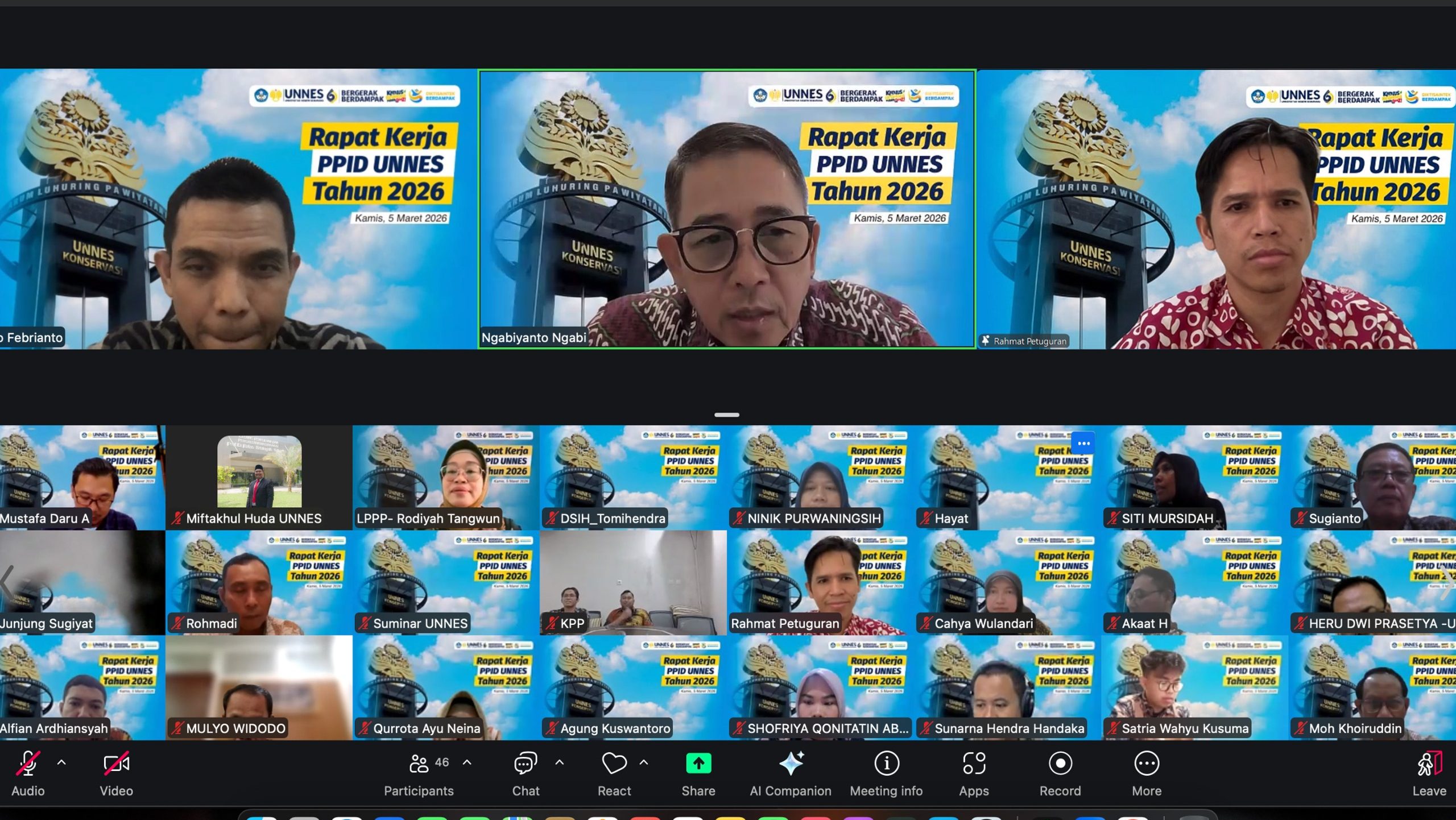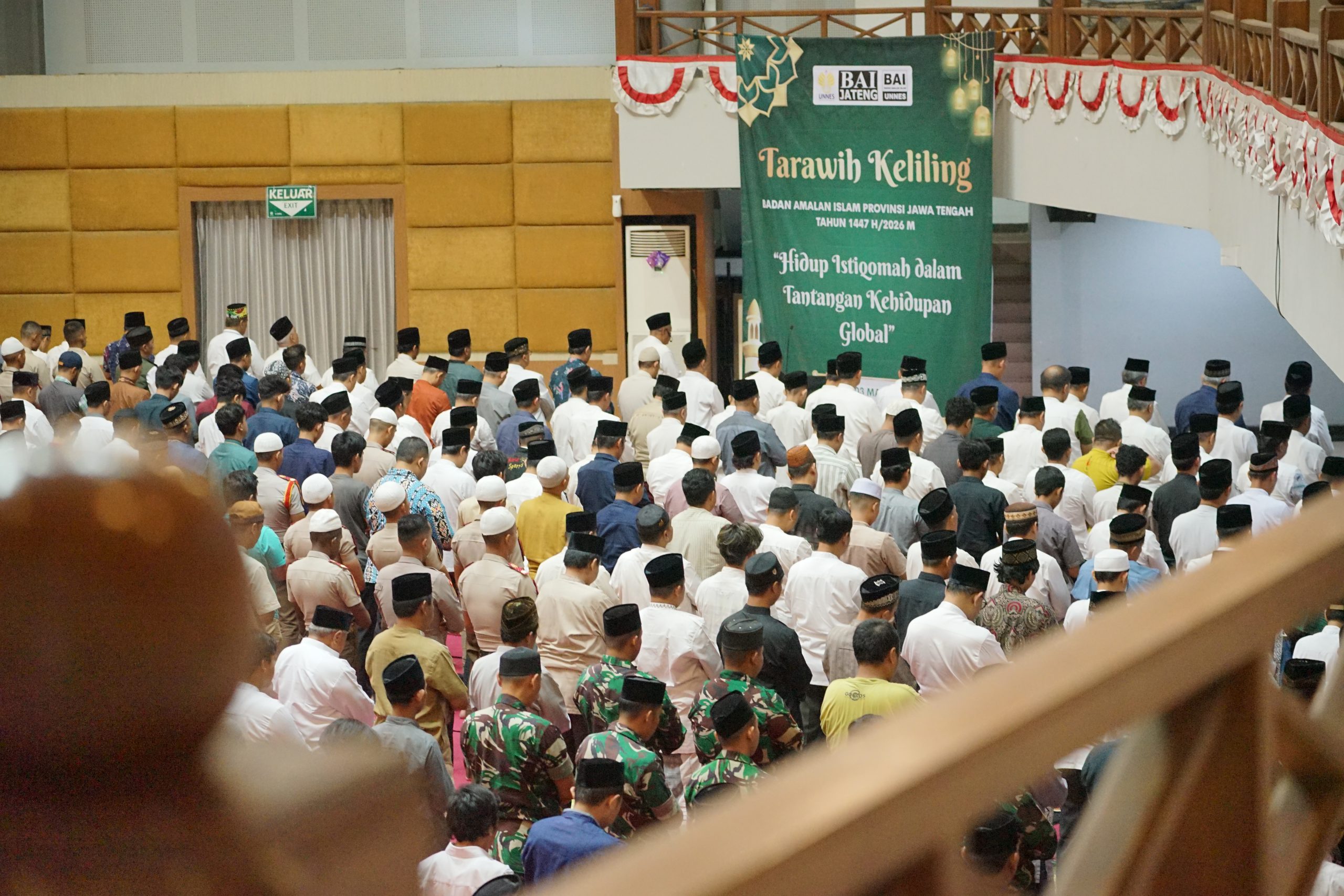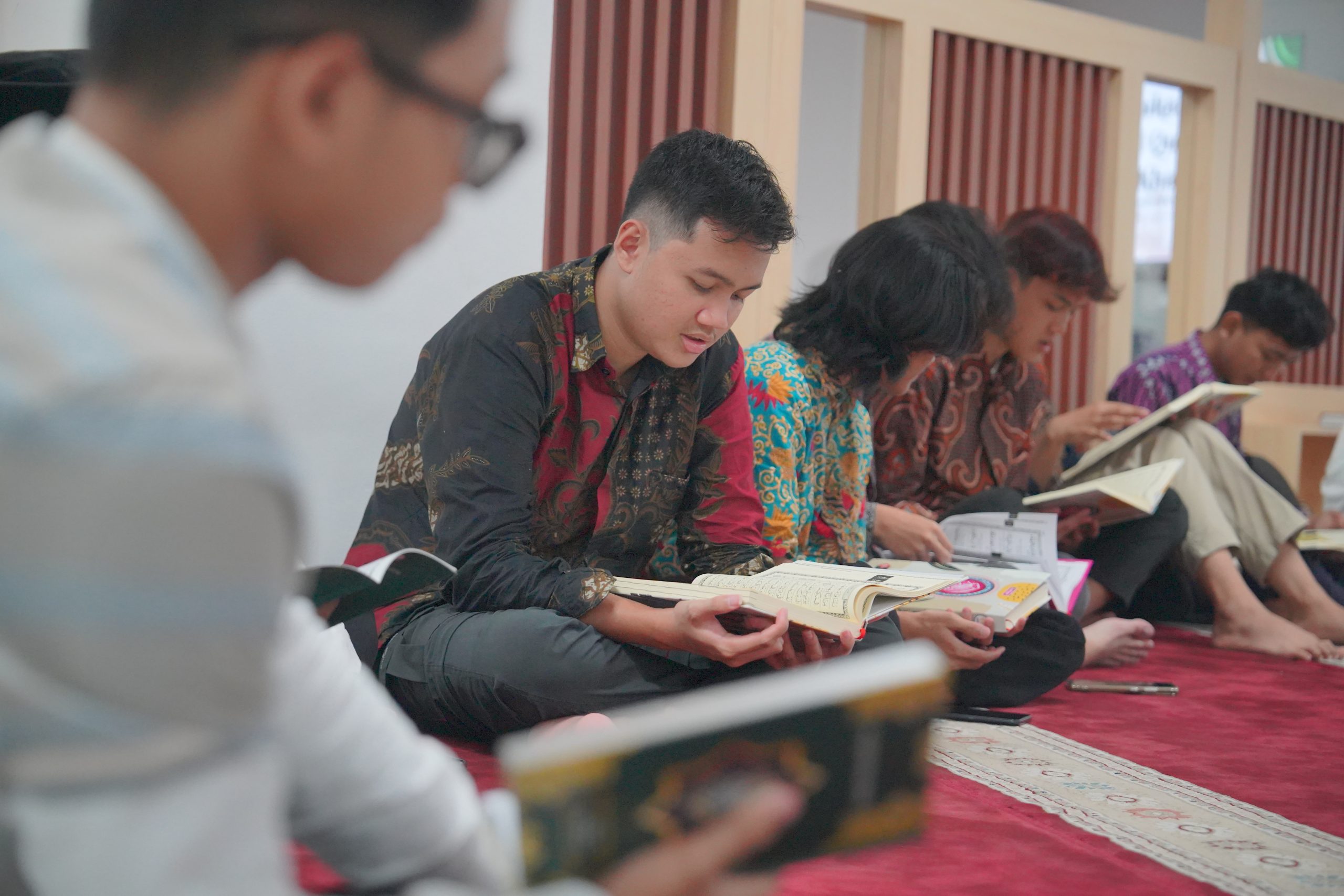Berdasarkan data Riset Kesehatan Dasar tahun 2013, terdapat sekitar 12 penderita stroke per 1000 penduduk Indonesia. Stroke juga merupakan penyakit pembunuh nomor satu di Indonesia.
Selain itu, stroke juga bisa menyerang siapa saja baik tua mapun muda. Orang-orang yang usianya lebih dari 65 tahun paling berisiko terkena stroke. Namun 25 persen stroke terjadi pada orang-orang yang berusia di bawah 65 tahun, termasuk anak-anak.
dr Trianggoro Budisulistyo dosen Fakultas Kedokteran Undip menyampaikan itu saat Halal Bihalal antara Pimpinan dan warga purna karya (Wredatama) Universitas Negeri Semarang (UNNES), Senin (24/7) di auditorium (Gedung Prof Wuryanto) kampus Sekaran Gunungpati. Halal Bihalal dihadiri oleh 450 purna tugas.
dr Trianggoro menjelaskan, jenis stroke jika dilihat dari penyebabnya dibagi menjadi dua yakni stroke iskemik dan stroke hemoragik. Stroke iskemik terjadi jika pasokan darah berhenti akibat gumpalan darah dan stroke hemoragik terjadi jika pembuluh darah yang memasok darah ke otak pecah.
Ketika pasokan darah yang membawa oksigen dan nutrisi ke otak terputus, maka sel-sel otak akan mulai mati. Karena itu semakin cepat penderita ditangani, kerusakan yang terjadi pun semakin kecil bahkan kematian bisa dihindari.
Orang-orang yang merokok, kurang olah raga, dan memiliki pola makan yang buruk juga rentan terhadap stoke. Selain itu orang-orang yang sirkulasi darahnya terganggu akibat tekanan darah tinggi, kolesterol tinggi, detak jantung tidak teratur, diabetes, kegemukan, alkohol, dan genetika juga lebih rentan terhadap stroke.
Untuk itu perlu dikenali gejalanya diantaranya kesemutan, kelumpuhan, kebingungan/lupa, kebutaan, ketulian, kepala muter-muter, kesulitan menelan, dan kesulitan kencing.
Sebelumnya, Rektor Prof Dr Fathur Rokhman MHum mengucapkan terima kasih kepada warga purna tugas UNNES yang telah hadir untuk saling bersilaturahmi.
Pada Idul Fitri ke-2 yang lalu Menteri Keuangan (Menkeu) Republik Indonesia Dr Sri Mulyani Indrawati MEc, juga melakukan napak tilas di Gedung Prof Satmoko dan Gedung Prof Dr Retno Sriningsih. Kedua gedung laboratorium tersebut diketahui merupakan nama kedua orang tuanya.
Prof Fathur juga mengatakan, kedua tokoh itu memiliki sumbangsih besar dalam membangun tradisi keilmuan di kampus IKIP Semarang, yang saat ini bernama kampus UNNES, Universitas berwawasan konservasi bereputasi internasional.
Napak tilas ini juga diikuti 12 saudara kandung Sri Mulyani beserta anak, menantu dan seluruh keponakan serta cucu-cucunya.
Prof Fathur juga menyampaikan bahwa UNNES sudah menerima mahasiswa baru lewat tiga jalur yakni jalur SNMPTN, SBMPTN, dan Seleksi Mandiri total yang akan diterima 6.788 mahasiswa.
Ketua perkumpulan Wredatama Drs Zoedhindarta Budi Hartono melaporkan sampai saat ini jumlah anggota Wredatama sebanyak 640. Selain itu juga melaporkan kegiatan pengurus diantaranya silaturahmi ke beberapa anggota yang sedang sakit.



